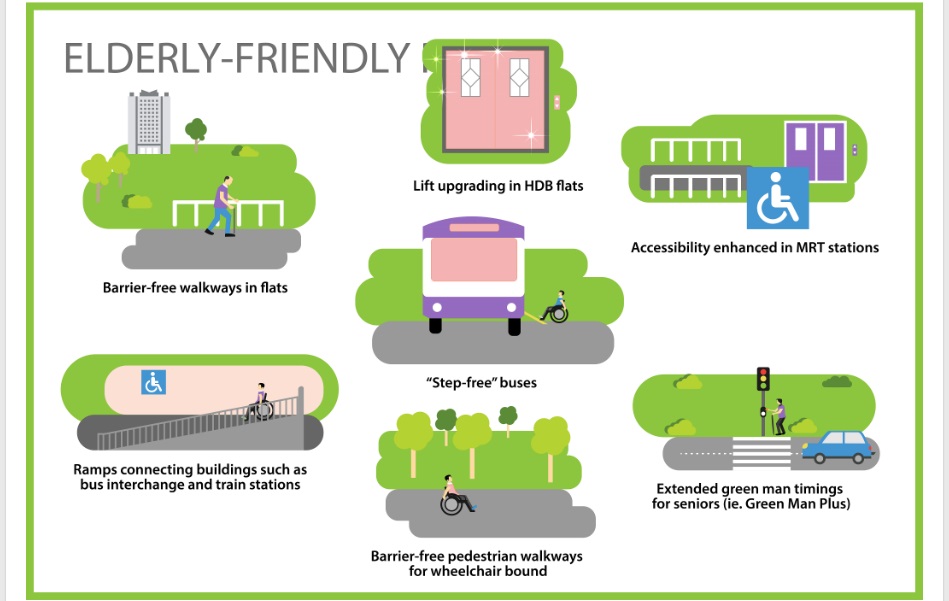by Ritchelle Ann Ona
The reason many people go broke is because they have spent their money on things they can’t afford. While this seems obvious, there are still many who can’t answer the fundamental question, “Do you know what you can afford?”
Even some people who budget may still find themselves short on cash.
But there is a way to ensure that you’ll have money to spend, while still having savings, investments and no debt. And we’ll explain how.
If it sounds like you’re going to have to make some sacrifices, you’re right. If you’re not ready for that, this isn’t the article for you.
People who have money aren’t necessarily stingy when it comes to spending. They still splurge on expensive stuff. They just know how to spend, save, invest and stay away from debt. Here’s how the really rich people do it:

- Create a budget.
The simpler, the better. I do food, clothing and housing. Thirty percent of my budget goes to each category. Then, I adjust for the specifics in each category. You’ll find that this is easier than maintaining a detailed list. Believe me, you’ll inevitably realise you need to make more money if you start using a very itemised way of budgeting.
- Squirrel away the remaining 10 percent of your income – half as savings, and half to an emergency fund.
Without the emergency fund, anyone’s savings are up for grabs. Emergencies happen – it’s a fact. Everyone should be prepared.
- If you have debts, factor that in one of the three budget categories I mentioned.
Personally, in my food, clothing and housing way of budgeting, I factor debt repayment into the clothing category, so that it takes up 30 percent of my total budget. If you don’t have any debts, you don’t have to worry about this.
- With the way you’re budgeting now, there’s no way you should be racking up debt on your credit card.
If you are, you’re spending more than you can afford.Remember, everything you need to live smartly, productively and honestly is already in your monthly paycheck. If you’re spending more than what you’re earning, change your spending habits. Switch to a more affordable mobile or internet plan, look for a cheaper apartment, buy clothes that are affordable and still look great on you …No matter what you do, stick to your budget.
- When it comes to credit cards, avoiding them completely isn’t good advice in a credit-based economy.
Everyone needs a credit rating. A credit rating is what financial institutions use to determine whether you can reliably repay a loan. Thus, your ability to secure a housing loan, school loan, car loan or any other loan depends on how good your credit rating is.
You may be denied a loan or offered a smaller loan. Some employers also ask for a copy of potential employees’ credit report. You can obtain this from the Credit Bureau of Singapore.
A credit grade of AA is the highest and a credit grade of HH is the worst.So, if you’re in that part of the world where you need a credit rating for pretty much everything, don’t go over 30 percent of the cash limit on your card. Also, make sure you pay the majority of what you use monthly, and never be late on your payments.
No matter what, remember that the credit on a credit card technically doesn’t belong to you – it’s money banks think you should spend so they can start earning from you.
So, if you’re in that part of the world where you need a credit rating for pretty much everything, don’t go over 30 percent of the cash limit on your card. Also, make sure you pay the majority of what you use monthly, and never be late on your payments.
No matter what, remember that the credit on a credit card technically doesn’t belong to you – it’s money banks think you should spend so they can start earning from you.

- After you’ve paid off your debts, which ideally should not take more than two years, you can have fun.
Remember that percentage of your budget you’ve allocated to paying off debt? Now that you’re debt free, you can now dip into that budget to make little splurges on yourself.
Don’t worry, you’ve disciplined yourself enough to know what you want and really need and you won’t buy things you won’t use. You can never go wrong with how you spend your money now. In addition, by the end of two years, there’s no excuse why your emergency nest egg is not equivalent to about six months’ worth of your salary. Continue leaving this untouched.
- With your debt repaid, it’s also time to divert that part of your budget to the money market. If that sum of savings still too small, set it aside, continue saving money, then invest it when you have enough.
When it comes to donating to charity, it’s definitely a noble and worthy cause. But I believe that if one invests wisely, it’s as worthy as donating to charity because jobs get created and many people benefit.
Investing sounds scary, but it really isn’t as long as you know the market you’re investing in. What’s scary is not having any financial plan like you used to, and looking at your bank account or lack of it and asking yourself where all your hard-earned money went.
- Now, you have a disciplined way of spending, zero debt, a sizable emergency fund stashed away and money you can now start investing. Isn’t that financial stability?
You see, the secret to escaping financial debt isn’t about telling you things you have an excuse not to do. It’s about giving you a strategy that, even if you fail in doing one part of it, you can still pick up where you left off without losing everything.
Instead, you would’ve always achieved something major in your finances. All you have to do is carry on.
When it comes to spending, rich people aren’t all scrooges. They still own expensive things. They don’t deny themselves what they want. They just know what to do with their money.
















